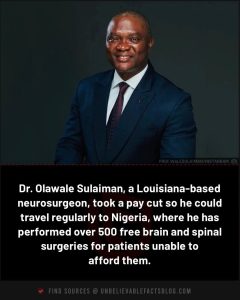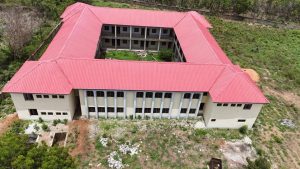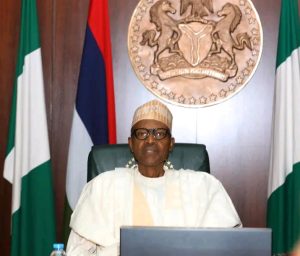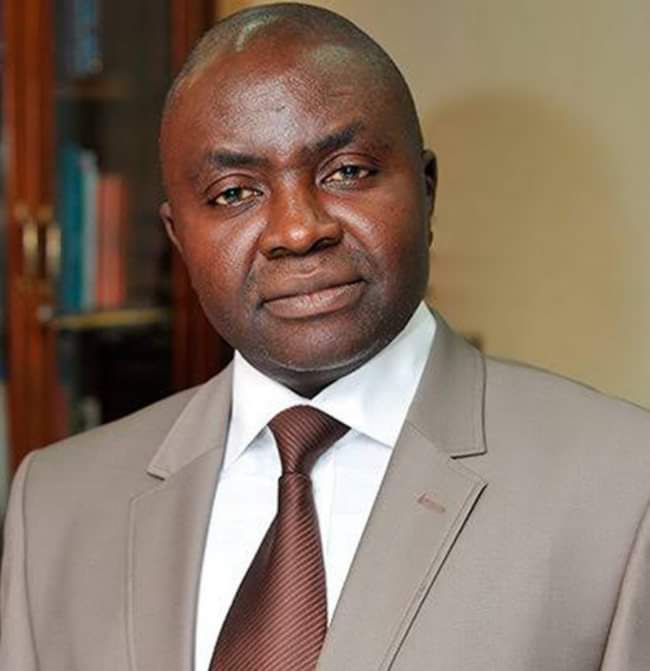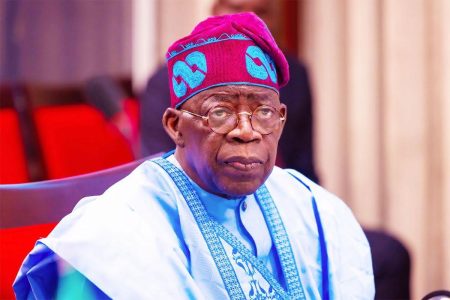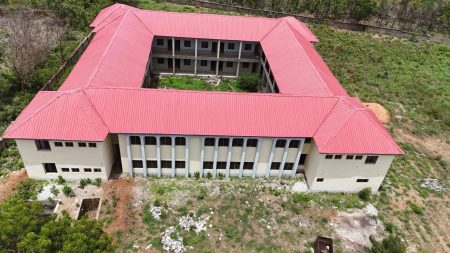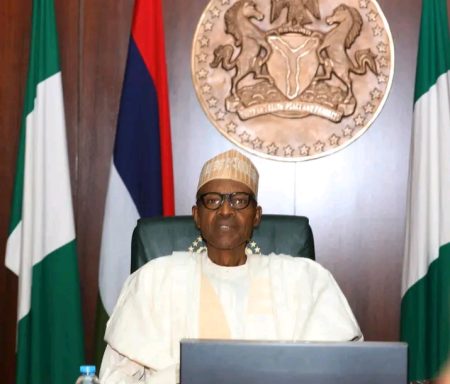Stakeholders are calling for urgent structural reforms in the Nigerian economy to ensure sustainable growth, rather than relying on temporary relief measures. In separate interviews with The PUNCH, experts emphasized that government palliatives have only provided short-term relief without addressing deeper economic issues like inflation, unemployment, and rising living costs.
Dr. Muda Yusuf, CEO of the Centre for the Promotion of Private Enterprise, highlighted the need for policies that reduce production and transportation costs. He argued that the current palliatives are unsustainable and inadequate, especially in a country with over 100 million people living in poverty. Yusuf suggested that reducing import duties, particularly on essential items, could ease pressure on citizens.
The Director-General of the Nigeria Employers’ Consultative Association, Adewale-Smatt Oyerinde, stressed the importance of transparency and effective resource management in government interventions. He called for well-defined and transparent policies that promote long-term economic stability.
Stakeholders believe that addressing energy prices and foreign exchange issues, along with targeted subsidies in sectors like agriculture, are critical steps towards economic recovery. They also emphasized the need for a team of economists to identify areas of market failure and develop appropriate interventions.
The consensus among experts is clear: Nigeria must prioritize structural reforms to achieve lasting economic stability and growth.



